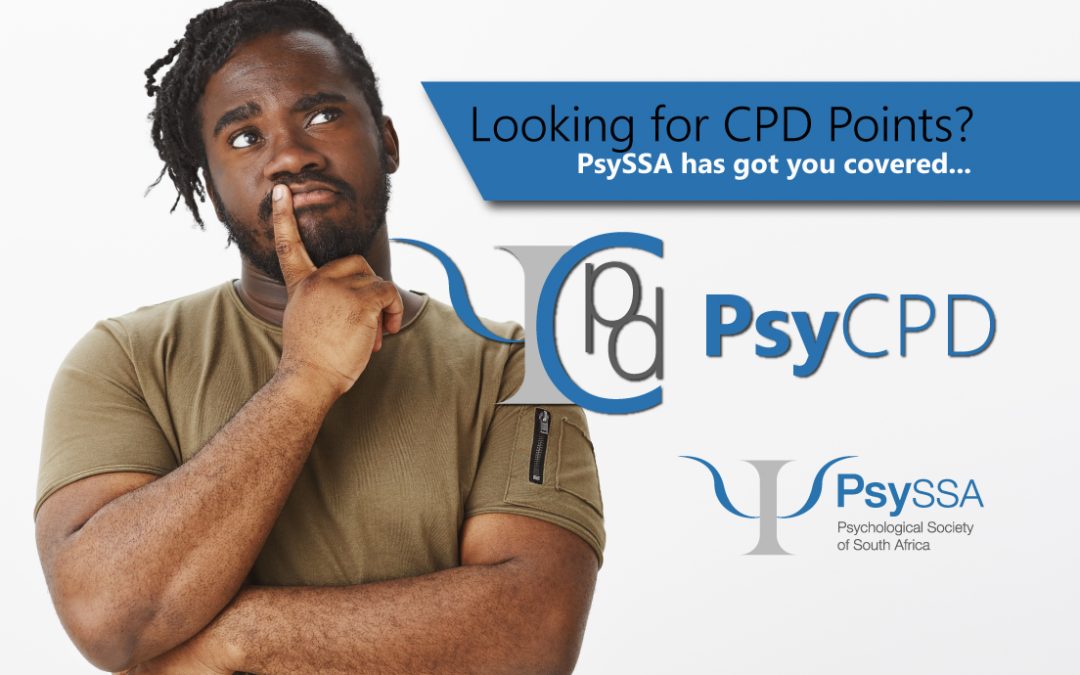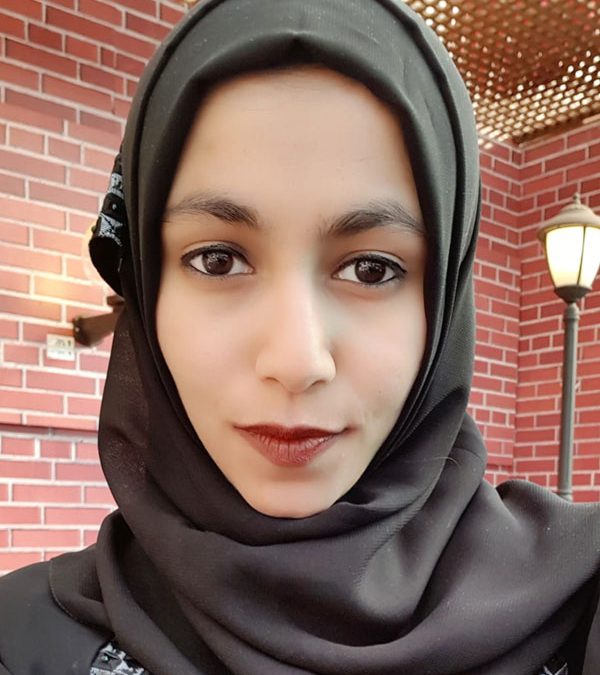
PsySSA 2026 Membership Registrations & Renewals Now Open
Membership Renewals for 2026
Stay Connected. Stay Involved. Stay Informed.
By joining or renewing your membership, you align yourself with a national community committed to excellence, transformation, and the advancement of psychological science and practice. Membership provides access to core resources, professional networks, and sector developments already shaping the year ahead.
What Your Membership Gives You
1. Collective Expertise Across 15 Divisions
Engage with specialist knowledge, collaboration forums, and professional networks across the full breadth of psychology in South Africa.
2. Knowledge Sharing and CPD Access
Benefit from PsySSA’s in-house CPD hub, PsyCPD, including a growing calendar of workshops, webinars, and learning opportunities aligned with evolving national needs.
3. Access to Key Scholarly Resources
Stay connected to research through the South African Journal of Psychology (SAJP) and the African Journal of Psychological Assessment (AJOPA).
4. 12-Part CPD Workshop Series
A structured series of workshops running across the year. Full details will be announced shortly.
5. 2026 Congress – Call for Abstracts
The call will open soon. Members receive early notification and reduced rates.
6. Expanded Professional Development Pathways
Structured support for early-career practitioners, including the Board Exam Preparatory Workshop and the Career Compass Series.
7. Partnership Benefits
Discounted access to BWRT® courses, CBT and DBT workshops, and new collaboration tours planned for 2026.
These initiatives show that the year is not starting — it is already underway.
Be Part of the Year Ahead
Membership keeps you connected to the developments, conversations, and collaborations shaping the future of psychology in South Africa and the broader region.
Join us for a year already in motion, and help shape what comes next.














